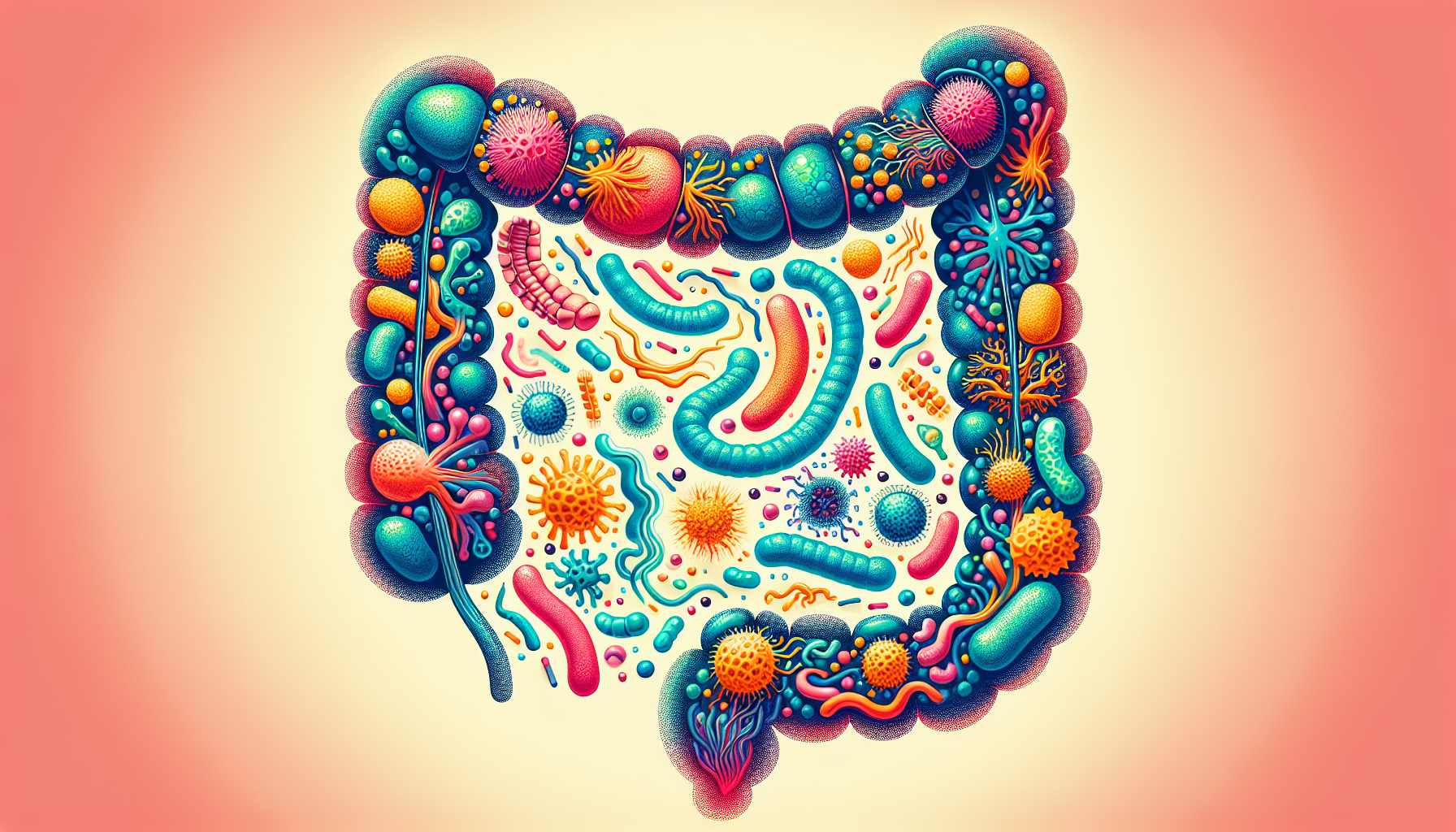The gut is not just a digestion center; it’s an epicenter of health and wellness. A robust gut lining is essential for nutrient absorption and blocking harmful substances. However, this delicate lining can be compromised, leading to increased permeability, commonly known as "leaky gut," which has been linked to various health issues. Understanding how to strengthen the gut lining and prevent its permeability is crucial for maintaining overall health. This comprehensive article will explore practical strategies to support gut integrity, drawing on insights from various health domains, including digestive health.
Understanding Gut Lining and Its Role
The gut lining is a single-cell layer that forms a barrier between the contents of the gastrointestinal tract and the rest of the body. This lining plays a pivotal role in nutrient absorption and immune system function. When it’s compromised, undigested food particles, bacteria, and toxins can seep through, potentially triggering inflammation and other health issues.
The Impact of Diet on Gut Lining Integrity
What we eat significantly impacts the health of our gut lining. Certain foods can aggravate the gut, while others have a healing effect. For instance, processed foods, refined sugars, and artificial additives can contribute to gut inflammation and permeability. On the contrary, foods high in fiber, especially prebiotic-rich varieties like garlic, onions, and bananas, can help nourish beneficial gut bacteria and strengthen the gut barrier.
Incorporating Bone Broth for Gut Repair
Bone broth is rich in collagen and amino acids like glutamine, which can help repair and maintain the gut lining. Regular consumption of bone broth may soothe the gut and aid in healing a compromised barrier.
Fermented Foods and Probiotics
Fermented foods such as yogurt, kefir, sauerkraut, and kimchi are rich in probiotics, the beneficial bacteria that play an essential role in gut health. Probiotics help balance the gut microbiome, which in turn supports the integrity of the gut lining.
The Role of Fats in Gut Health
Including healthy fats like omega-3 fatty acids found in fish oil and flaxseeds can reduce inflammation and help maintain the structure of the gut lining. Integrating dietary fats for optimal gut health is a delicate balance that requires mindful consumption of the right types of fats.
Lifestyle Factors Influencing Gut Health
Stress Management
Chronic stress can have a detrimental effect on gut health by disrupting the microbiome and increasing gut permeability. Practices such as mindfulness meditation can be beneficial, as highlighted in the article about the benefits of mindfulness meditation for digestive health.
Adequate Sleep
Sleep is crucial for overall health, including the gut. During rest, the body repairs itself, which includes the gut lining. Poor sleep can lead to increased gut permeability, making the role of sleep in digestive system repair an area not to be overlooked.
Regular Exercise
Exercise has been shown to have a positive effect on gut health. It can enhance blood flow to the gut, promote the growth of beneficial gut bacteria, and support overall digestive function.
Preventing and Addressing Increased Gut Permeability
To prevent increased gut permeability, one must address the underlying causes, which often involve diet and lifestyle factors. Here are some targeted strategies:
Elimination Diets
An elimination diet can help identify foods that contribute to gut inflammation and increased permeability. By removing potential irritants from the diet and gradually reintroducing them, one can pinpoint specific dietary triggers.
Supplementation
Certain supplements, such as L-glutamine, zinc carnosine, and probiotics, may support gut lining repair. These should be chosen carefully and preferably under the guidance of a healthcare professional.
Medication Review
Some medications, like NSAIDs and antibiotics, can harm the gut lining. Reviewing medication use with a healthcare provider is essential to minimize potential negative impacts on gut health.
Conclusion
Strengthening the gut lining and preventing its permeability is a multifaceted approach that involves diet, lifestyle, and sometimes supplementation. For further reading, explore the impact of raw foods on digestive health and the role of digestive enzymes in food allergies and intolerances.
For those seeking to delve deeper into this topic, resources like the International Foundation for Gastrointestinal Disorders provide valuable information on digestive health. Additionally, the American Gastroenterological Association offers insights into the latest research and treatment approaches for gut-related conditions.
Maintaining the health of your gut lining is a critical aspect of overall well-being. By adopting the strategies discussed, you can foster a resilient digestive system that supports your health from the inside out.



